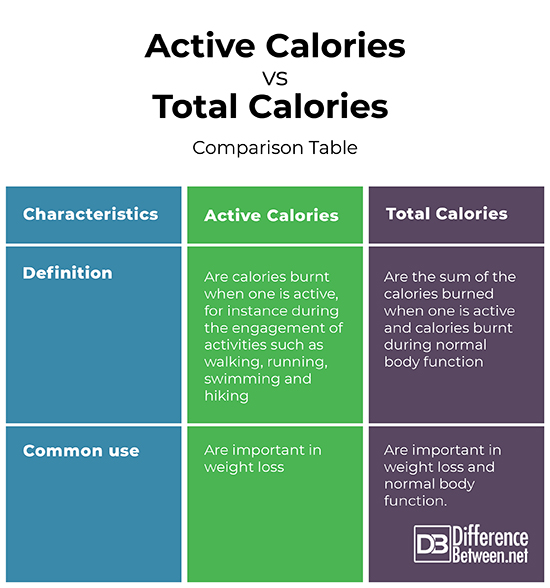
Aiming to eat only one meal per day can help you manage your blood sugar levels, lose weight, and limit your intake of calories. However, this can lead to disordered consuming. To make it effective, here are some tips: Limit the amount of food you eat to one dinner-size plate per day, and drink only calorie-free beverages.
Limiting your food intake to one meal a day can help you lose weight
According to a study, it is possible to lose weight by limiting the amount of food you eat each day. However, the OMAD diet can be hard to stick to. Your body will produce more ghrelin (the hunger hormone), which can make it difficult to lose weight. It also increases your blood pressure and cholesterol levels. People with diabetes and heart disease may find this diet unhealthy.

Another study has shown that restricting your food intake to one meal a single day can cause an increase in blood pressure and cholesterol. People with certain health conditions may not recommend it. Additionally, eating a single meal late in the evening can increase blood sugar levels. One study showed that those who ate only one meal per day had higher blood glucose levels in the morning, than those who ate twice daily.
It can also help with blood sugar control
One small meal per day can help to control blood sugar. Breakfast, also known as the break of the fast, provides your body with the energy it needs to start the day. Skipping breakfast can lead you to high blood sugar levels all day.
This study employed a multistage stratified sampling strategy to select individuals aged 18 or older from both cities and rural areas throughout the United States. The six tiers included cities from underdeveloped to well-developed. These cities were classified by their development level.
It could be a path to disordered food
It is a common misconception that only eating one meal per day is normal. However, disordered eating can result. Binge eating, which is eating just one meal per day, is linked to binge eating. In fact, nearly four out of four people who have eating disorders do it only once a day.

Eating disorders impact your physical, social, and mental health. Among other things, they can increase your risk for heart disease and gastrointestinal problems. They can also increase anxiety and depression. These problems may worsen over time. If you are worried that you may be slipping into this trap, talk to your loved ones.
FAQ
Can I eat fruit while on intermittent fasting
Fruits are great for your health. They provide vitamins, minerals, fiber, antioxidants, and other nutrients. However, they contain sugar, which can cause blood glucose to rise. This can lead to insulin resistance and weight gain. You can lose weight by following an IF diet. Make sure to eat low glycemic fruits like apples, pears and berries.
What Weight Loss Can You Expect In One Week?
Your current bodyfat percentage determines the amount of weight you will be able to lose. You need to determine how much weight loss you are looking for. Your BMI will tell you how much weight to lose. If your BMI is 25 or greater, you're overweight. If your BMI exceeds 30, you may be obese.
For example, if you weigh 200 pounds, your BMI would be calculated at 28.7. This would mean that you'd have to lose about 70 pounds in order to reach a healthy weight. To see if you're overweight, visit www.healthyminds.com/bmi/.
You can calculate the number of pounds you'll lose each week by knowing your BMI.
(Your Goal Weight - Current Weight)/BMI * 7 Number Of Pounds Lost Per Week
To lose 50 pounds in a month, you would need to exercise for 2 weeks. That's 56 days divided by 7 pounds per day. This works out to 8.3 lbs per week.
You could also try this calculator from www.weightlosscalculator.net. It will give you an approximate estimate of the calories you need to lose 1 pound each week.
What effect does intermittent fasting have on my sleep?
Yes, intermittent fasting can impact your sleep. Your hunger hormones rise when you skip meals. As a result, you may find yourself waking up at night.
Experts recommend skipping breakfast. Instead, experts suggest eating a light snack just before bed.
If you're still hungry after this snack you can have a small meal right before going to sleep.
Don't overeat. You will end up gaining weight rather than losing it.
Statistics
- One 6-month study showed that simply doing 11 minutes of strength-based exercises 3 times per week resulted in a 7.4% increase in metabolic rate, on average. (healthline.com)
- According to Harvard Health, it's estimated that a 155-pound (70-kg) person burns roughly 112 calories per 30 minutes of weight training (5). (healthline.com)
- According to Harvard Health, it's estimated that a 155-pound (70-kg) person burns around 167 calories per 30 minutes of walking at a moderate pace of 4 mph (6.4 km/h) (5). (healthline.com)
- One study in 9 active men found that HIIT burned 25–30% more calories per minute than other types of exercises, including weight training, cycling, and running on a treadmill (18Trusted Source (healthline.com)
External Links
How To
9 natural ways to lose weight
One of the most common problems people have is losing weight. When you are trying to lose weight it is very hard to maintain a healthy lifestyle. Although there are many methods to lose weight, such as exercising and dieting, these methods don't work for everyone.
Today I will share natural ways to lose your weight with no side effects. Let's start!
-
Lemon Water Lemon water can help to eliminate toxins from the body. This drink can detoxify your body, and it will keep you energized all day. This drink is great for weight loss.
-
Eat More Vegetables. Vegetables are rich in fiber, vitamins, minerals and antioxidants that are vital for our health. They give you a feeling of fullness. Eating vegetables can help you lose weight.
-
Increase Protein Intake. Protein is an essential nutrient that plays a key role in building muscles. A high-protein diet can help build lean muscles, and decrease your weight.
-
Green Tea: Green tea contains caffeine. This reduces appetite, and increases metabolism. Caffeine has been found to increase thermogenesis - the process through which we generate heat. Thermogenesis is the reason why coffee drinkers tend to have lower levels of fat compared to non-coffee drinkers.
-
Use cold showers. Taking cold showers can help you burn more calories. Research shows that cold showers have up to 50% less calories than warm showers.
-
Avoid Alcohol. Alcohol is known to be a stimulant, which can lead you to overeating. You will easily gain weight if you drink alcohol often.
-
Cardio Exercise Daily. Cardiovascular exercise has been proven to reduce weight. It increases blood circulation, improves energy levels and keeps you fit. Walking, swimming, cycling and running are all possible.
-
You shouldn't skip meals. Eat small meals throughout each day to manage your hunger pangs. Skipping meals can lead to fatigue, lack of concentration, and even depression.
-
Reduce Sugar Consumption. Sugar is addictive. It can affect your mood. Although sugar gives you an instant boost of energy, it can make you tired and slow.